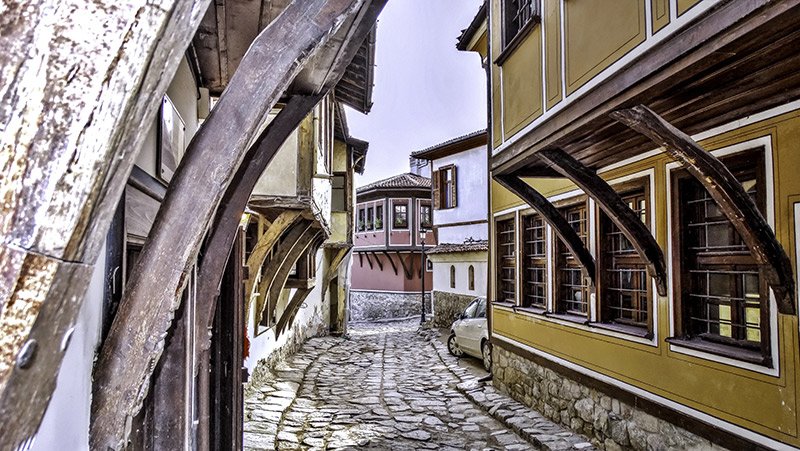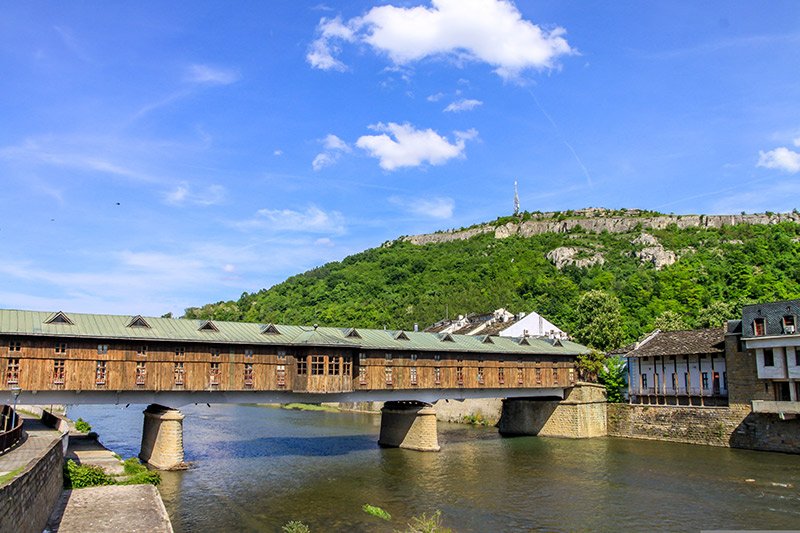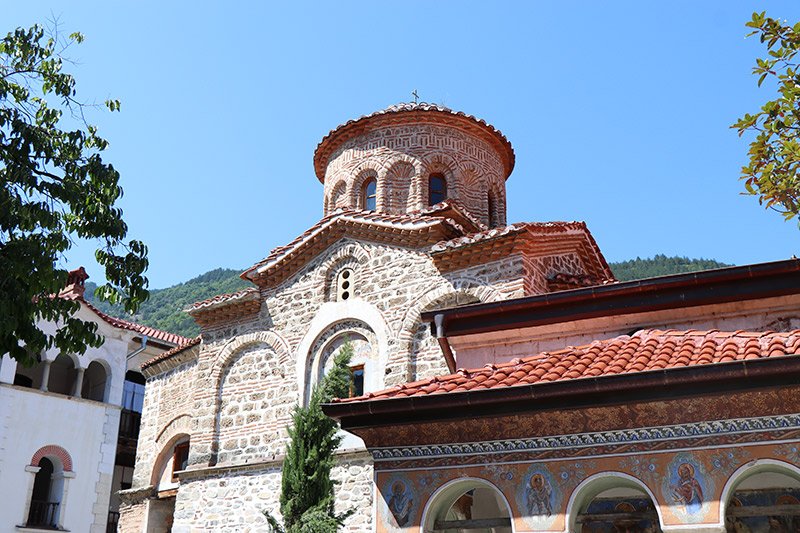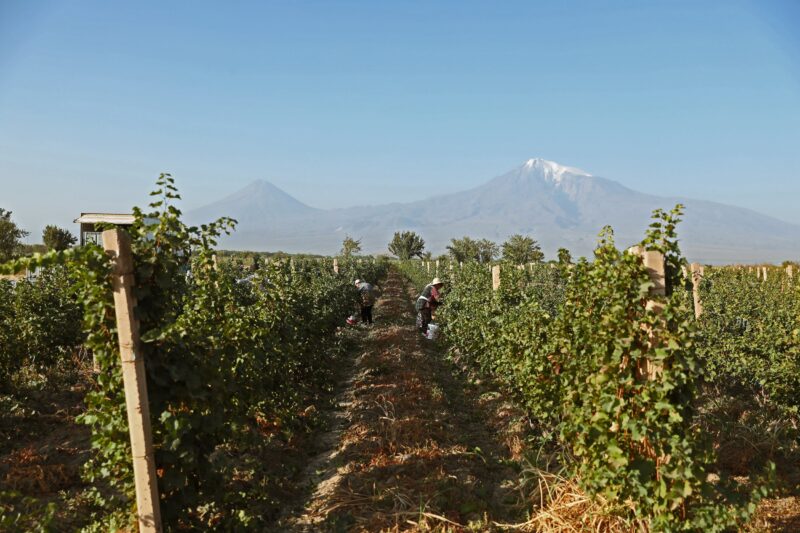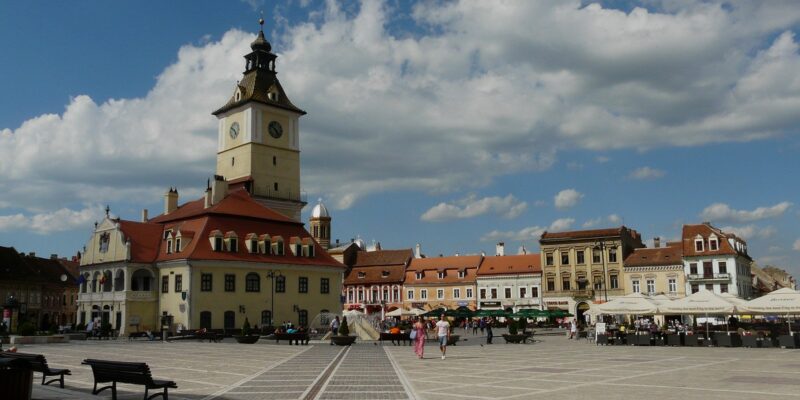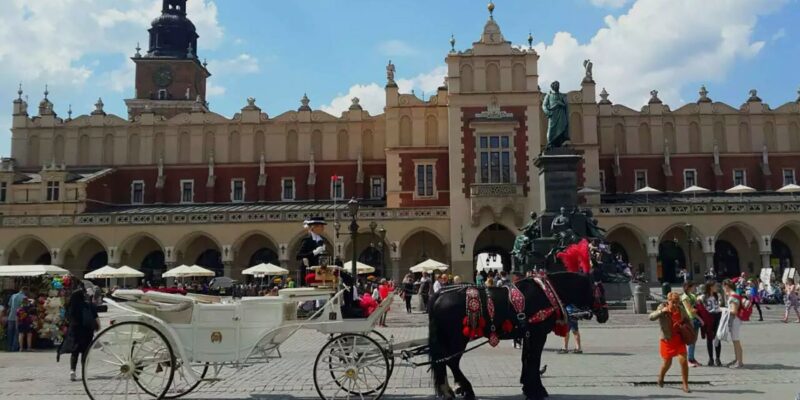| Destination | Tour Code | Start | End | Trip Status | Pricing Per person | |
|---|---|---|---|---|---|---|
| Bulgaria – Essence of Bulgaria | BEB/090925 |
Sep 09, 2025 Tuesday |
Sep 20, 2025 Saturday |
Guaranteed - Contact Us for Availability |
£3,095.00
Single Room Supplement: £320.00
|
Contact Us |
| Bulgaria – Essence of Bulgaria | BEB/280426 |
Apr 28, 2026 Tuesday |
May 09, 2026 Saturday |
Guaranteed |
£3,095.00
Single Room Supplement: £320.00
|
Book Now |
| Bulgaria – Essence of Bulgaria | BEB/080926 |
Sep 08, 2026 Tuesday |
Sep 19, 2026 Saturday |
Guaranteed |
£3,095.00
Single Room Supplement: £320.00
|
Book Now |
| Bulgaria – Essence of Bulgaria | BEB/270427 |
Apr 27, 2027 Tuesday |
May 08, 2027 Saturday |
Guaranteed |
£3,095.00
Single Room Supplement: £320.00
|
Book Now |
| Bulgaria – Essence of Bulgaria | BEB/070927 |
Sep 07, 2027 Tuesday |
Sep 18, 2027 Saturday |
Guaranteed |
£3,095.00
Single Room Supplement: £320.00
|
Book Now |
Essence of Bulgaria
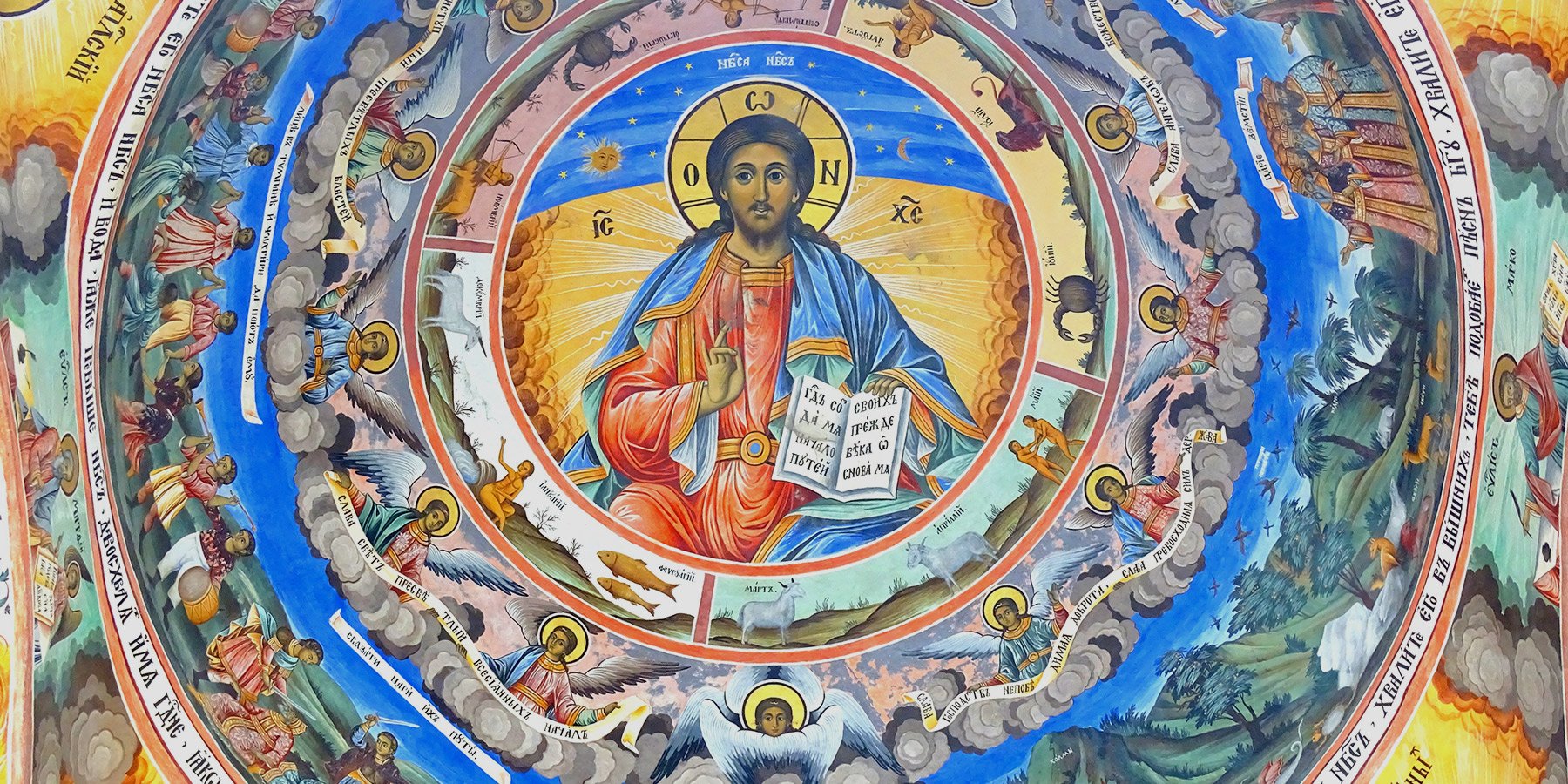
As we know it today, Bulgaria is an urbanized, skilled society, where modernity coexists with much that is traditional. Heritage plays a highly visible role in the society, with medieval churches, monasteries and numerous folk festivals being held in rural places. Nevertheless, such traditions provide a contrast with contemporary Bulgaria’s rapid transformation into a modern European society. Embark with us on an itinerary which has been designed to take in as many of Bulgaria’s highlights as possible, while keeping cross-country travel as manageable as possible. Our journey starts with a tour of the vibrant capital Sofia before leaving for Southern Bulgaria, with its rich cultural heritage and dramatic Pirin mountain scenery. We continue to the central region along the Rhodopes mountains, via picturesque villages and narrow gorges to Trigrad where unspoilt nature dominates. Finally, we spend time in the wonderful city of Plovdiv and continue to the North in the shadow of the Balkan Mountains with its fascinating mix of historical old towns and archaeological treasures, from the ancient Thracian Tomb in Kazanlak, via the world-famous rose valley and back to the capital. Within Bulgaria’s beguiling blend of nature and history, unforgettable adventures are guaranteed.
Arrival and departure transfers
Overland transport throughout with professional driver
All accommodation
Services of English-speaking guide / tour leader
Meals as listed, B – Breakfast, L – Lunch, D – Dinner
Entrance fees for sites listed as part of the itinerary
International flights (, contact , us, for expert advice and a quote)
Any airport taxes
Travel Insurance
Visa – when required
Drinks
Items of personal nature
Tips (Discretionary)
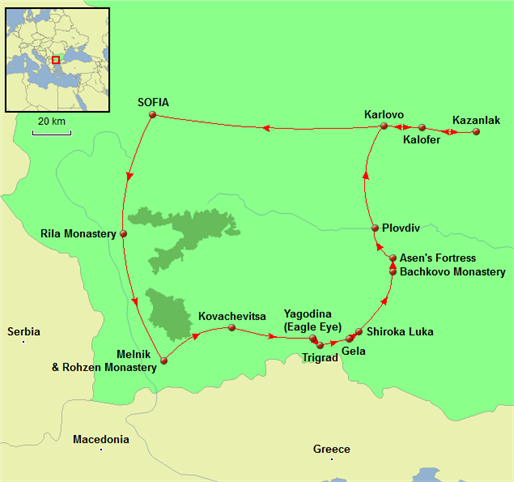
The Essence of Bulgaria tour is a 10-day small group journey that delves into Bulgaria’s rich cultural heritage, historical landmarks, and scenic landscapes. Starting in Sofia, visitors explore key sites such as the Alexander Nevsky Cathedral and the National History Museum before heading to the UNESCO-listed Rila Monastery, renowned for its stunning architecture and frescoes. The tour continues through the charming town of Melnik, famous for its unique sandstone pyramids and wine production, and the scenic Rhodope Mountains, home to traditional villages. Travelling through the central region, the itinerary includes the Thracian Tomb of Kazanlak and a visit to the Rose Valley, known for its rose oil production. The final stop is Plovdiv, one of Europe’s oldest cities, where travellers can admire Roman ruins, Ottoman mosques, and 19th-century Bulgarian architecture. This journey offers a rich blend of history, nature, and local culture, making it an ideal choice for those seeking an immersive European experience.
Rila Monastery
A UNESCO World Heritage Site, this stunning monastery is famous for its intricate frescoes and architecture, set against the backdrop of Bulgaria’s majestic Rila Mountains.
Melnik and Sandstone Pyramids
Explore Melnik, known for its unique sandstone formations and thriving wine production, offering both natural beauty and cultural insight.
Thracian Tomb of Kazanlak
A UNESCO-listed site, this ancient tomb is famed for its vibrant frescoes depicting scenes from the life of a Thracian ruler, shedding light on Bulgaria's ancient past.
Rose Valley
Visit the famous Rose Valley, where Bulgaria’s renowned rose oil is produced, and enjoy the fragrant beauty of the surrounding landscapes.
Plovdiv’s Roman Ruins
Plovdiv, one of Europe’s oldest cities, boasts an incredible array of Roman ruins, Ottoman mosques, and charming 19th-century Bulgarian architecture, offering a fascinating journey through time.
Download the Information Pack
To download the tour full dossier, which includes a complete day-by-day itinerary breakdown and detailed tour information, fill in the details below.

Foreign Office Travel Warnings Before booking your tour, please familiarise yourself with the country specific information provided by the UK’s Foreign, Commonwealth and Development Office (FCDO) – www.gov.uk/foreign-travel-advice. This includes important information such as latest immigration requirements, and details of any travel advisories. We constantly monitor the advice posted by the FCDO. In particular we will always advise clients of any travel warnings. At present there are no warnings against travel to the parts of Bulgaria that we visit on this tour. Please feel free to contact us should you have any specific concerns or would like to know in detail what measures are being taken to ensure visits remain trouble free and without incident. It should be noted that this information applies to British citizens. Other nationals are asked to check the current position of their respective government. Visa Information At the time of writing British, US and Australian nationals do not require a visa for a tourist visit to Bulgaria. For further details please visit the applicable website shown below. British Nationals – www.gov.uk/foreign-travel-advice US Nationals – travel.state.gov/content/travel/en/international-travel.html Australian Nationals – www.smartraveller.gov.au Other nationals should check the latest requirements with the authorities in their home country, or with the destination’s nearest embassy or consulate. Should you require any documentation to support a visa application, such as a letter of invitation, upon request this will be provided by Undiscovered Destinations after receipt of your balance payment. As it is the travellers’ responsibility to ensure that they meet all entry requirements it is essential that you check the rules and any other conditions at the time of booking and again when making your balance payment. In addition, we would strongly advise that you make a final check around two weeks before your arrival. This is important as requirements can change at short notice. Undiscovered Destinations, when possible, will provide guidance about entry rules, but in the first instance please contact the relevant authorities, including the applicable embassy or consulate for assistance. Passports It is your responsibility to ensure that you are in possession of a full passport, valid for at least six months after the date of return to your country. We strongly advise that your passport contains a minimum of two blank pages, as this may be a requirement of the local immigration authorities. In addition, certain countries will stipulate that the two blank pages are opposite each other. If you are unable to meet these requirements, you may be refused boarding by your airline or denied entry by the immigration authorities. For specific information about the requirements for your destination please check with the country’s embassy or consulate. Alternatively, UK citizens can visit www.gov.uk/foreign-travel-advice. Vaccinations & Protection As with travel to most parts of Eastern Europe, we strongly recommend that you contact your doctor’s surgery or a specialist travel clinic for up-to-date information, advice, and the necessary vaccinations. For a visit of less than one month, you maybe advised to have immunisations against the following: Diphtheria and Tetanus, Hepatitis A, Typhoid, Meningitis. The legal status and regulation of some medicines prescribed or purchased in your home country can be different in other countries. If you’re travelling with prescription or over-the-counter medicine, read this guidance from NaTHNaC on best practice when travelling with medicines. For further information on the legal status of a specific medicine, you’ll need to contact the embassy, high commission or consulate of the country or territory you’re travelling to. Travel Insurance It is a condition of booking with Undiscovered Destinations that you have adequate valid travel insurance. It is your responsibility to arrange appropriate travel insurance and ensure you have read and understood the full terms and conditions of your travel insurance policy to ensure that you are covered for all activities you intend to undertake whilst on the tour, including all optional activities. Your Insurance Policy must fully cover you for medical expenses (including cover for Covid-19 conditions) and emergency repatriation to your home country and be valid for the entire duration of your holiday. Local Conditions When travelling to our destinations, many of which are underdeveloped and untouristed by mainstream tourism, a good deal of patience and a sense of humour is an important attribute. This will help you to cope with problems such as ageing or poor infrastructure and when maintenance may not be as high as we would always like. The choice of appropriate accommodation in some towns and cities (particularly the smaller places) can be limited, and standards of both service and maintenance can be less than polished. Guides and other service providers in some of our destinations do not always have the decades of collective practice and experience that their counterparts in more developed countries can draw upon. Although we will always try and resolve any issues as quickly as possible, on occasions there may be some shortcomings which no matter how hard we try will be unavoidable.
